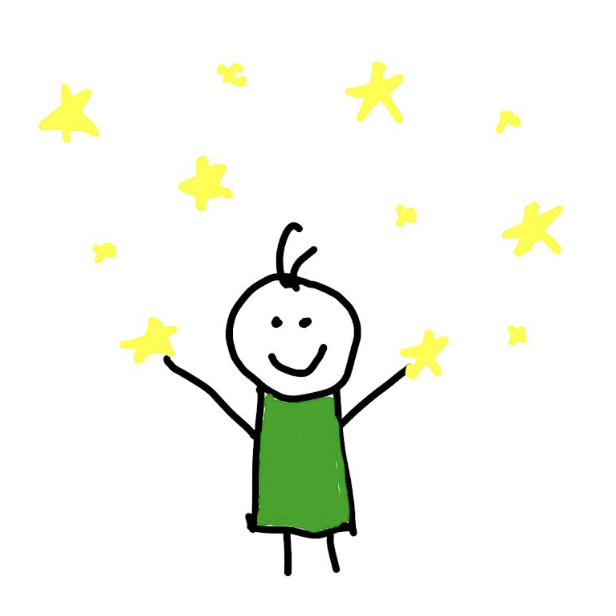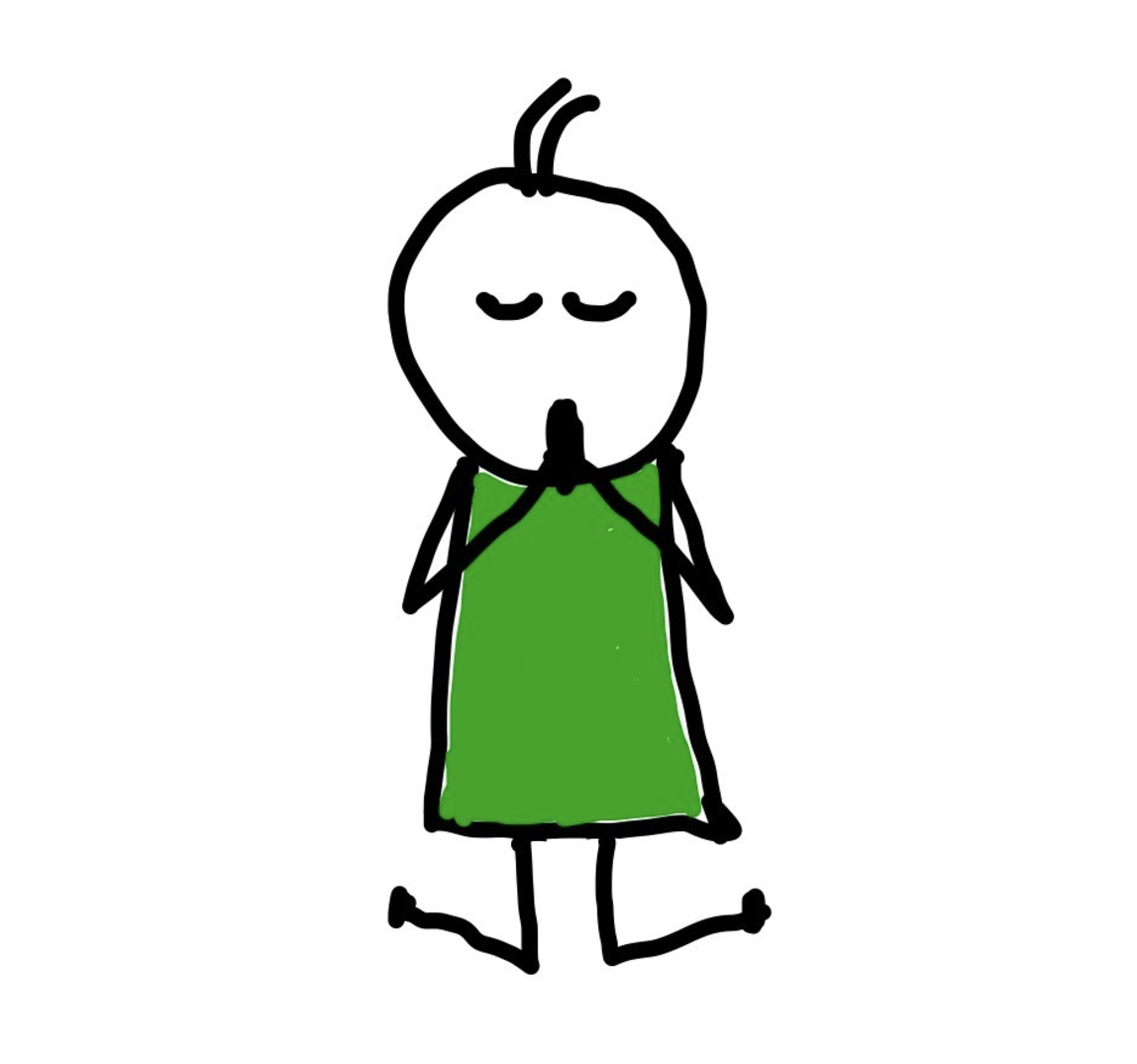Ask Better Questions, Get Better Answers
We’ve all done it—asked ourselves negative "why" questions like:
"Why am I such a failure?"
"Why do I always mess up?"
These kinds of questions trap kids in self-doubt and reinforce limiting beliefs. But with a simple shift, they can learn to reframe their thoughts and develop a growth mindset!
Instead of "Why am I bad at this?" → Ask "What can I do to get better?"
Instead of "Why do I always fail?" → Ask "What did I learn from this?"
In this post, we’re breaking down 7 powerful ways parents can help kids reframe their negative thoughts.
Let’s help kids create themselves one thought at a time!
Habit Hacking
Habits shape who we are, and much of what we do every day happens automatically because of them. By helping children develop healthy habits early on, we set them up for lifelong well-being and success. This blog post explores 10 powerful strategies to make habit-building easier for kids, including creating routines, habit stacking, positive reinforcement, and using habit trackers. These simple yet effective techniques help children establish good habits while making it harder for bad ones to take root.
Try out one or two of these habit hacks with your child today and start building a foundation for a healthier, happier future!
How Labels Shape a Child’s Identity — and How to Create Positive Ones
A child’s identity is deeply influenced by the labels they hear and adopt, whether from family, friends, or society. These labels—positive or negative—shape how children see themselves and the actions they take. This blog post explores how labels impact a child’s self-perception through the lens of the Reticular Activating System (RAS), which filters information to reinforce their beliefs. Learn how to counteract harmful labels, foster empowering self-images, and help your child see their “possible selves” by recognizing their wins and using intentional, positive language. Empower your child to build a healthy and confident personal identity!
Celebrating Our Children: Embracing Successes, Failures, and Everyday Joys
Life is full of moments worth celebrating—not just the big milestones, but the small victories and even the brave stumbles along the way. This post dives into why celebrating successes, failures, and everyday joys helps build resilient, confident kids. Learn how to shift the focus from outcomes to growth, embrace the beauty in everyday moments, and create simple celebration rituals that foster gratitude and positivity. Let’s teach our children to see life as a journey of progress, courage, and joy—one celebration at a time!
Creating a Gratitude Practice for Your Kids
Gratitude is a practice that can transform your life in many ways. It fosters resilience, optimism, and emotional growth, even during tough times, while also deepening family bonds and encouraging appreciation for everyday joys. Starting a gratitude practice is easy and meaningful, offering lasting benefits for the entire family. Why not start one today?
Growing Pains
Growing up brings with it not just physical changes but also mental and emotional transformations.
Just as your body might ache during a growth spurt, your mind can experience its own kind of growing pains. These pains often manifest as anxiety, fear, and discomfort when you venture beyond your comfort zone.
However, it's important to recognize that these mental growing pains are as crucial to a child’s development as physical growth and can be just as challenging to navigate.
The Power of Perspective
In life, you can't change reality, but you can change how you view it. This is the power of perspective, especially crucial for children, who often see things in black and white. Children tend to create their reality based on how they interpret facts, often without realizing that there are multiple ways to see any situation.
Our role as parents is to teach them that they have the power to choose how they view things. It's the interpretation, not the facts, that shapes the story.
Teaching Kids to Master the Art of Thoughtful Thinking
Mastering your mind begins with deciding what you want to think and then thinking it on purpose. It is as simple as that. But the reason this is easier said than done is that much of our thoughts are created in our subconscious mind and we don't even realize that we are thinking them. We need to teach kids to clean out their minds and remove any outdated or unuseful thoughts.
Failing Forward
Teaching our kids that failure is simply a part of life is so important. If we normalize failure for them, they will be able to deal with failures, disappointments and setbacks in a productive way. They will realize that each failure is simply a stepping stone to their success. Knowing this will help them keep moving forward - fail forward. This is the way to build resiliency in our children.
What’s All the Commotion About Emotion?
Emotions are harmless. They are simply vibrations in our body. So why can they cause us, and our children, so much distress? Understanding what emotions are, how to recognize them and what they are trying to tell us is a game changer. Equipping our kids with this knowledge will help them navigate difficult situations throughout their life.
A Gatekeeper for Your Mind
We need to teach children that they get to decide what they let into their life. It is up to them to set the standards for their world.
The gatekeeper establishes a boundary for their life and their mind. It is their job to determine what are the limits of this boundary, who and what is let in, and who and what is not.
The Gift of A Well-Managed Mind
Learning how to manage your mind is one of the greatest gifts you can give your child. Since our minds create our perception of ourselves, the people around us and the world in which we live, they create our entire human experience.
If You Don’t Break it, You Don’t Have to Fix it!
People often talk about having to “fix” themselves, such as having to work on their limiting beliefs. These negative beliefs, which may have developed in their childhood, have been growing and getting bigger until they finally realize it’s time to fix them. What if we could prevent these limiting beliefs from forming? What if we could help children create themselves when they are young so they don’t have to fix themselves when they are older?













